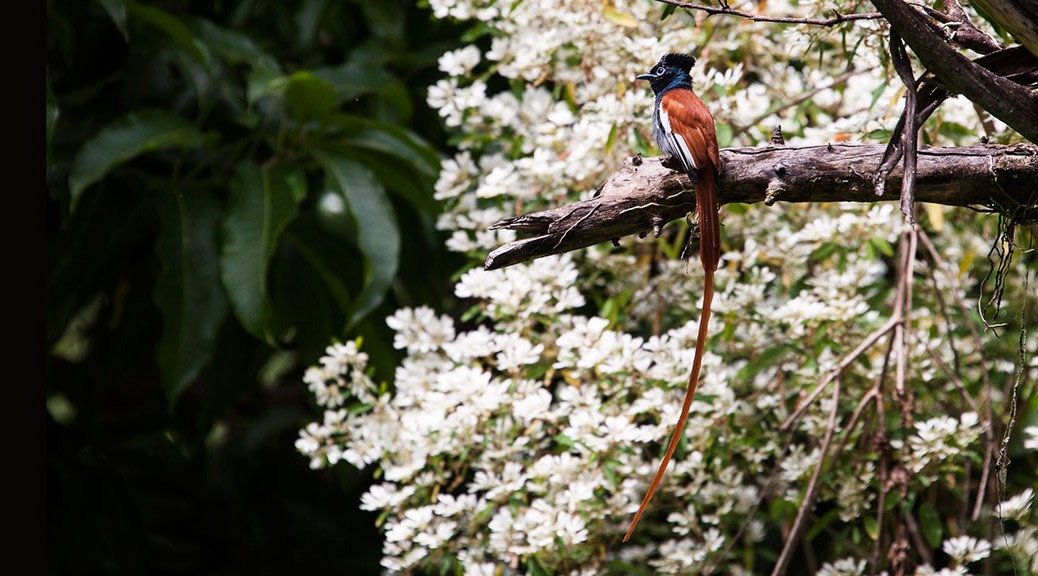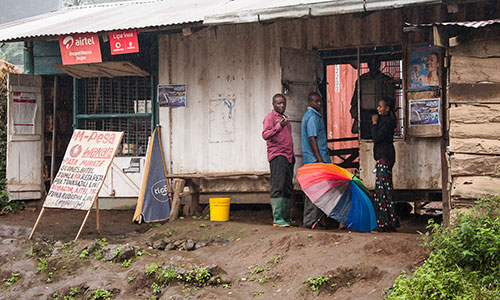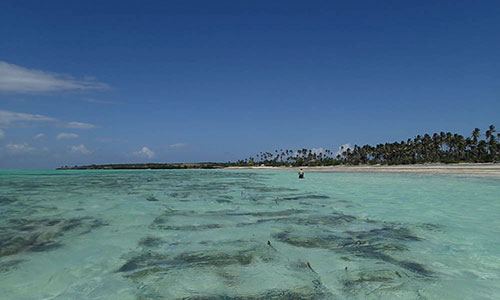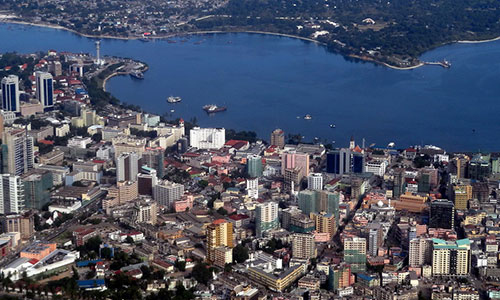Why travel to Tanzania?
For many Europeans and Americans Africa is the most exotic continent in the world. It is also a little scary as we hear so many stories in the media about war, violence and Ebola. In the search of the ‘ideal travel destination’ in Africa many tourists and travelers find Tanzania. The beautiful country is safe to travel in – the more than one hundred different tribes live peacefully together. Even during the 2015 election we haven’t seen any much disturbance. This is one of the reasons to choose to travel to Tanzania. But there are many more.
Tanzania is a land of contrasts. From the Snow-capped park of Mt. Kilimanjaro to the endless plains of the Serengeti, From the sun-kissed islands of the Zanzibar Archipelago to the gentle shores of Lake Victoria.
It was here, on the dusty floor of Olduvai Gorge (30 km from Ngorongoro Crater) that early man left his first footprints. It was also here, on the palm-fringed Zanzibar, that Swahili traders welcomed dhows and trading boats from across the Indian Ocean.
Climate
Tanzania climate is predominately tropical. Coastal areas are usually hot and humid, but on the beaches a sea breeze cools the air considerably. The average day temperature is 30 degree centigrade (86 deg. Fahrenheit).
Tanzania has two rainy seasons. The long rains season from late March to June and the short rains from November to January. The hottest time of the year is from December to March, before the long rains begin. The coolest months are June, July, and August, when the weather is often overcast. In high altitude areas such as Kilimanjaro and the Ngorongoro highlands the temperatures can fall below freezing.
The capital
The capital city of Tanzania is Dodoma, which is a rather unknown and not especially interesting town for tourists. The commercial capital is the better known Dar es Salaam, which means “Port of peace” in Arabic.
Kiswahili and English are official languages.
Kiswahili is what foreigners often calls Swahili, but actually Swahili means ‘cost’ in Kiswahili. ‘Ki’ means ‘language’ and Kiswahili therefore is ‘the language of the costal people’.




